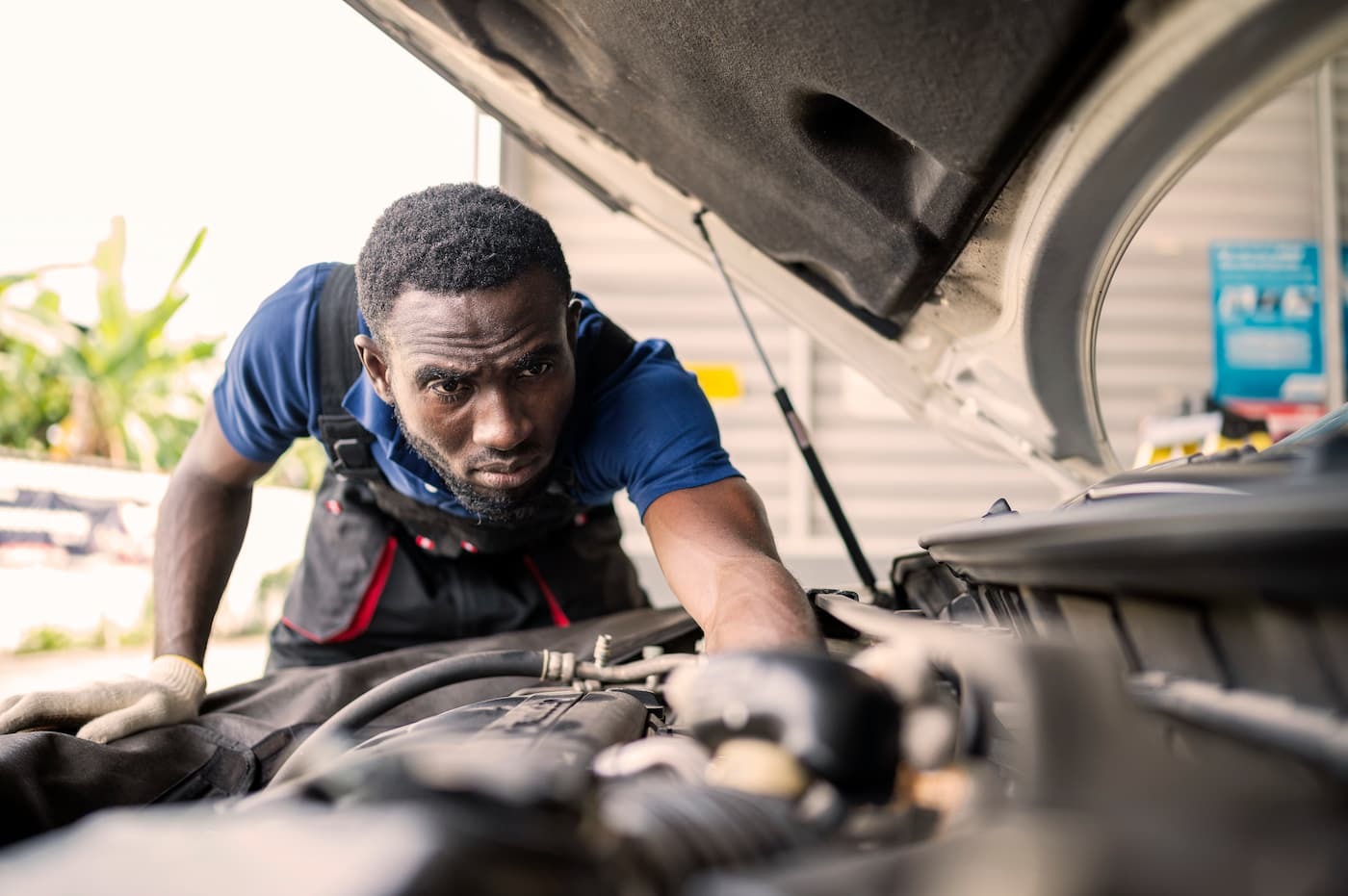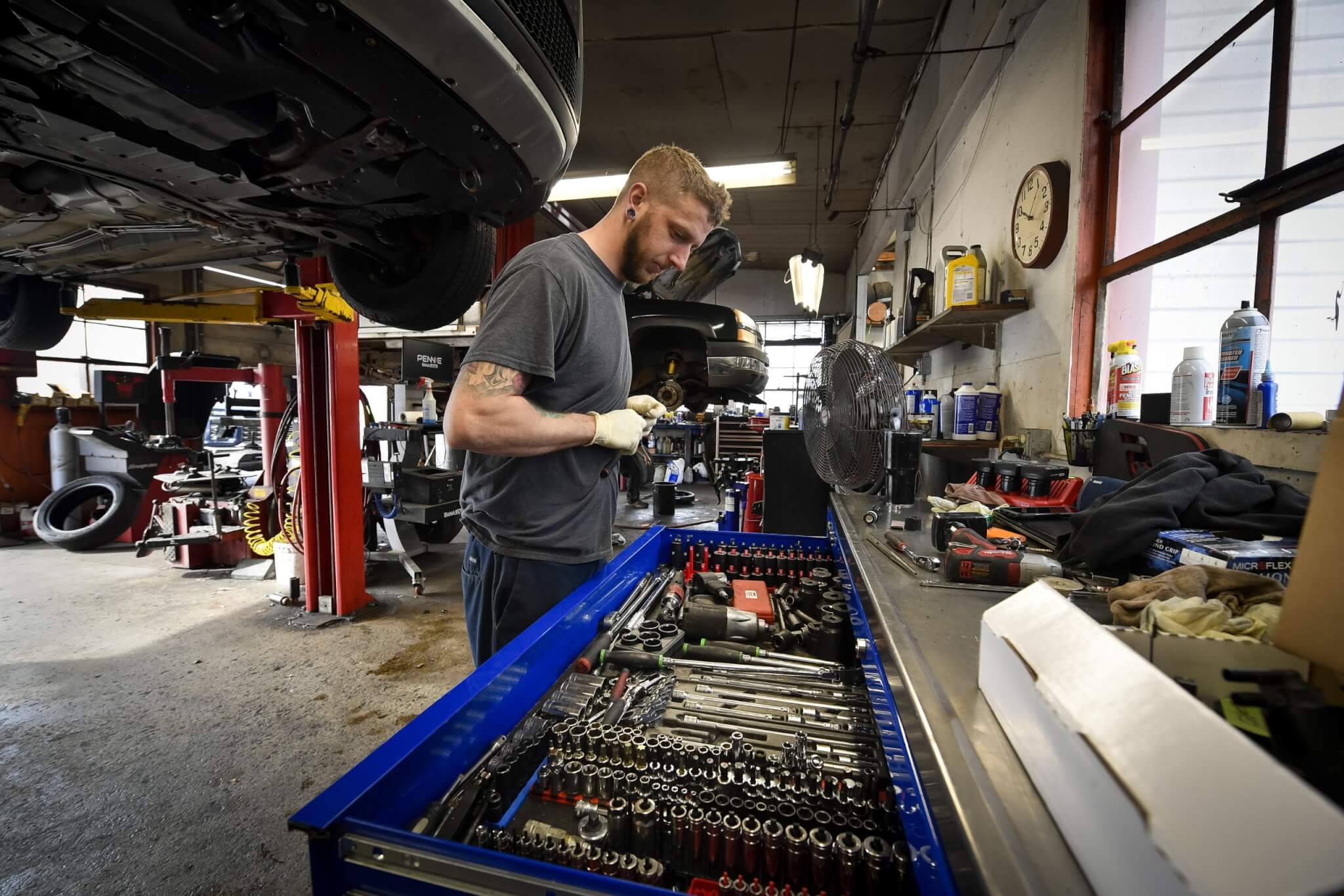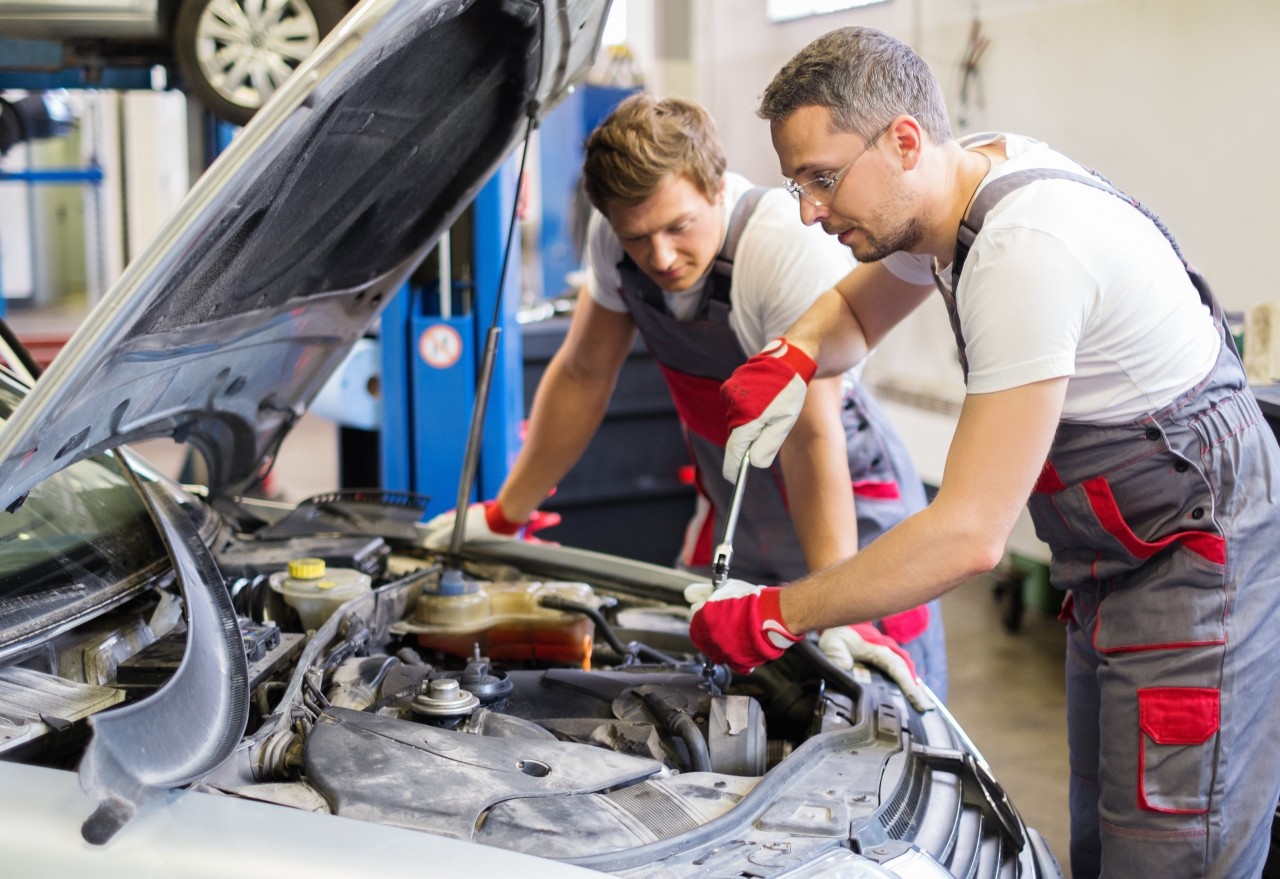All Categories
Featured

When it pertains to automobile maintenance, the brakes are arguably one of the most crucial system for ensuring your safety and security. Your brakes need to function efficiently to stay clear of mishaps and respond quickly in emergencies. Normal brake evaluations are vital to keeping your braking system in top condition. Understanding when and exactly how to examine your brakes can save you from dangerous scenarios and pricey repair work down the road. Below's a guide to help you remain on top of brake inspections.
- Why Brake Evaluations Are Essential. Brakes are made to put on down gradually, yet without regular inspections, you might not see when they end up being much less reliable. A defective brake system can cause severe crashes, raised repair prices, and also the demand to replace various other lorry parts.
Brake examinations not only assist you capture potential problems prior to they intensify, however they likewise enable better braking performance, boosted automobile life expectancy, and enhanced security.
- Recognizing Indication for Brake Troubles. While routine assessments are necessary, you do not have to wait until your vehicle's following check out to the technician. Expect these caution indicators that might suggest it's time for an inspection:
Uncommon Noises: A shrill squeal or grinding sound when applying the brakes frequently signals that the brake pads are worn down or harmed. Soft or Spongy Brake Pedal: If the brake pedal feels soft or spongy when pushed, there may be air or wetness in the brake lines, or the brake fluid might be low. Pulling away: If the vehicle pulls to one side while stopping, it can suggest uneven brake pad wear or a hydraulic problem in the brake system. Vibration in the Guiding Wheel or Pedal: If you experience resonance or pulsation when braking, it might be an indicator of deformed rotors or irregular brake pad wear. Increased Stopping Range: If it takes longer than common to bring your car to a stop, it may be time to check the brake pads, liquid degrees, or rotors. If you observe any one of these signs, it's best to have your brakes inspected promptly by an expert.
- Secret Parts Checked Throughout a Brake Evaluation. Throughout a brake evaluation, a licensed auto mechanic will certainly examine numerous essential components of the brake system to ensure they're working properly. Some of the most essential parts to check consist of:
Brake Pads: These are the friction product that presses against the brake rotor to decrease the car. Over time, the brake pads wear down and need replacing. Brake Rotors: Blades are the steel discs that the brake pads secure down on. They ought to be smooth and free of deep grooves or cracks. Brake Fluid: The brake fluid transfers the pressure from the pedal to the brakes. Reduced liquid degrees or old, polluted fluid can cause inadequate stopping efficiency. Brake Lines: Brake lines carry fluid from the master cyndrical tube to the brake parts. They should be looked for leakages, cracks, or damage. Brake Calipers: These clamp the brake pads onto the blades. They need to be in excellent functioning order and free of leakages. Frequently inspecting these elements guarantees your stopping system operates smoothly and aids you avoid harmful driving situations.
- Just how Frequently Should You Obtain Your Brakes Inspected? The frequency of brake assessments depends upon your driving habits and the type of lorry you own. As a basic guideline, it's recommended to inspect your brakes at least once a year or every 12,000 miles. If you drive in hefty web traffic, regularly lug hefty tons, or drive on hilly terrain, more regular evaluations might be essential.
It's also a great concept to have your brakes evaluated if you notice any one of the warning signs discussed previously, as this can avoid much more major concerns.
- The Cost of Ignoring Brake Inspections. Ignoring routine brake evaluations can bring about serious consequences. Used brake pads, damaged rotors, or reduced brake fluid can trigger your stopping system to fail when you require it most. In addition to the security dangers, ignoring brake maintenance can bring about costly repair work in the future.
For example, if the brake pads are not replaced in time, the damages could include the rotors, bring about the requirement for blades replacement-- an expensive fixing. By scheduling routine brake examinations, you can prevent these pricey repairs and keep your braking system in excellent condition for longer.

- What Happens Throughout a Brake Examination? A specialist technician will execute a thorough examination of your automobile's braking system, including looking for the following:
Brake Pad Density: Brake pads need to be replaced when they have worn down to a certain thickness. Rotor Problem: The mechanic will certainly inspect the rotors for signs of wear, bending, or scoring. Brake Fluid Degree: Reduced brake liquid can impact stopping performance. The technician will certainly examine the fluid level and replenish it if needed. Brake Line Stability: The brake lines will certainly be inspected for any kind of leaks or fractures that could endanger the brake system. As soon as the examination is full, the technician will certainly inform you of any necessary repairs or replacements.
Final Thought: Keep Safe with Normal Brake Inspections. Your brakes are necessary to maintaining you and your passengers risk-free when traveling, so normal brake examinations should never ever be overlooked. By focusing on warning indicators, scheduling routine brake checks, and dealing with issues promptly, you can make certain that your brakes are constantly in top shape.
Don't wait up until your brakes fail-- stay aggressive regarding brake maintenance. A small investment in brake examinations today can conserve you from expensive repairs and unsafe situations in the future.
Latest Posts
Why Choose Washington Fence Specialty Products
Experience Montgomery’s Top Ophthalmologist: S. Douglas Owens, M.D. at Eye Center South
Discover Your Financial Partner at WyHy – Low Rates for Members
More
Latest Posts
Why Choose Washington Fence Specialty Products
Experience Montgomery’s Top Ophthalmologist: S. Douglas Owens, M.D. at Eye Center South
Discover Your Financial Partner at WyHy – Low Rates for Members
